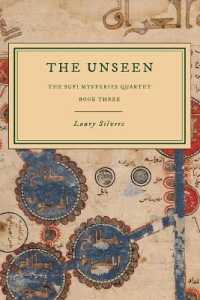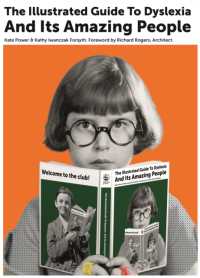Full Description
This book illustrates how humour can be a powerful tool for environmental education. Hailing from eight different countries, the authors' inquiries are grounded in a range of sites of learning and focus on different comedic forms, offering a variety of perspectives on the ways humour features, or could feature, in environmental education.
The chapters adopt an array of methodological approaches and theoretical frames, drawing not only on environmental education research and humour studies, but also scholarship in affect theory, antiracist and Indigenous education, climate change communication, critical pedagogy, ecocriticism and language arts education, feminist theory, human- animal relations, media studies, new materialisms, philosophy, psychology, public pedagogy, science education, and social movement studies. Many of the topics discussed in this volume necessitated multi- or interdisciplinary inquiries and pedagogies.
Delving into humour led the authors to push beyond the boundaries of their own disciplines and, for some, to form creative collaborations that took them not only into new academic fields but also outside their professions to work with actors, cartoonists, comedians, and game developers. This book was originally published as a special issue of Environmental Education Research.
Contents
Introduction: Humour and environmental education 1. The generativity of feminist and environmental cartoons for environmental education research and teaching 2. Learning with student climate strikers' humour: Towards critical affective climate justice literacies 3. "It was funny at first": Exploring tensions in human-animal relations through internet memes with university students 4. When students write comedy scripts: Humor as an experiential learning method in environmental education 5. Is climate change a laughing matter? 6. From The Fresh Prince to The Politician: Climate change frames in American scripted television comedy 1990-2020 7. The cranky uncle game: Combining humor and gamification to build student resilience against climate misinformation 8. Humor and humility for inclusive nature education 9. I am not a camper: Confessions of an Indigenous urban environmental educator 10. "A good hell": Absurdist insights for environmental education and research 11. Irony and environmental education: On the ultimate question of environmental education, the universe and everything







